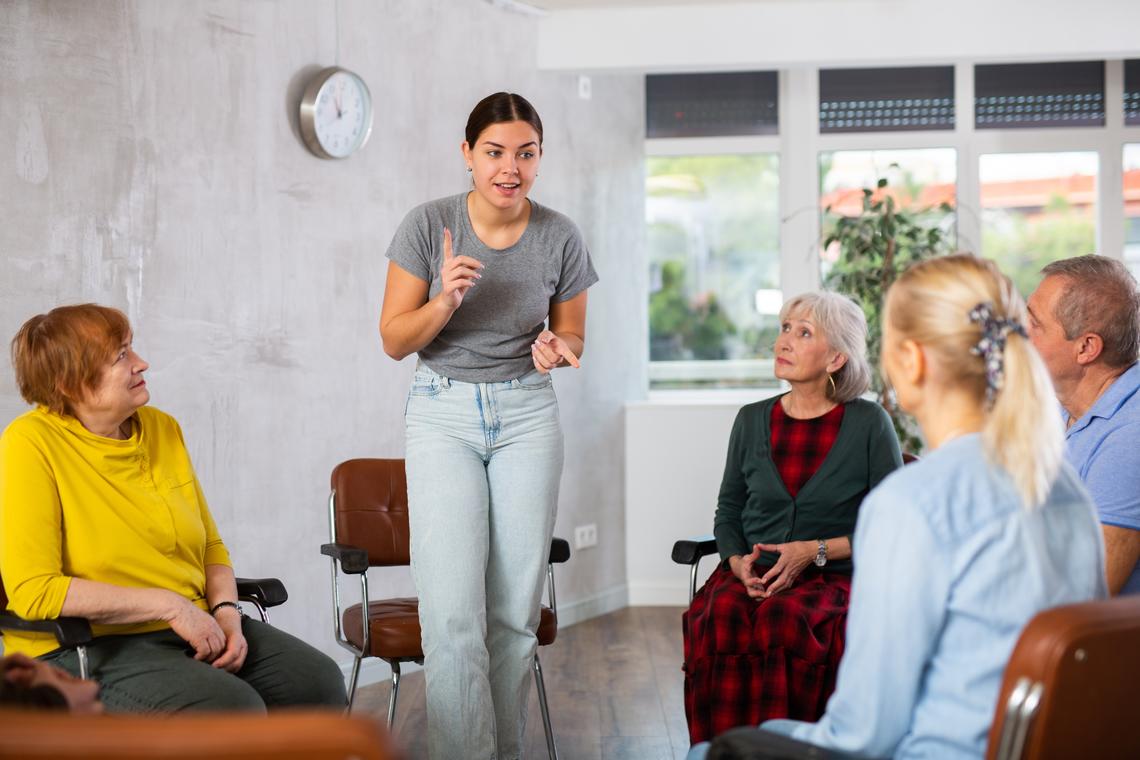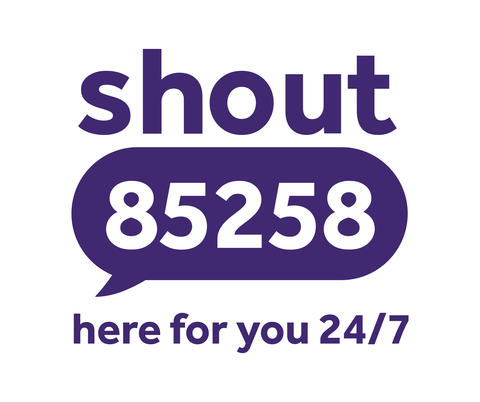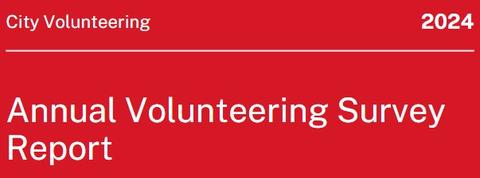Deafblind UK support people who have combined sight and hearing loss -we help them to live with their condition and to build their confidence and independence. Deafblindness affects everyone in different ways. Some people might have mild sight and hearing loss whereas others can’t see or hear anything. It can be isolating and lonely and it’s far more common than many people realise. Around 400,000 people are affected by sight and hearing loss in the UK. As a Regional Charity Champion, you will be the vital link between Deafblind UK and your local community. You will champion and advocate the work and services that Deafblind UK offers and raise awareness of dual sensory loss engaging with local groups and organisations. The commitment and skills of our volunteer family enable us to reach out to those in our far-flung communities whose lives could potentially be transformed by our support. Your knowledge of your own local area will help us to impact and support those adapting to, and living with, a dual sensory loss.
This is a flexible role which can differ for each volunteer depending on your strengths and experience - you really can make it your own and it's a great opportunity to work closely with a National Charity and gain a good understanding of the Charity Sector. It might involve attending public events and groups in your local area delivering short talks or simply circulating information about the charity to raise awareness, make new connections and attract new members.
New skills and a good understanding of Deafblind UK and the wider Charity Sector.
Who we are looking for? We are looking for confident, outgoing people who can take the initiative and are eager to make a difference in their local area. You might have had some experience in public speaking, advocating or simply feel passionately about our cause. We will be behind you every step of the way offering support, training and guidance!
Similar Opportunities


On Tuesday 17th June, LLST will host its annual fundraising event, the London Legal Walk, bringing the legal community together to raise funds in support of free legal advice charities across London and the South East.
Patients can find leaving the hospital challenging, especially for those who live alone or lack immediate support. This role is to support patients transitioning from hospital to home, ensuring their discharge is safe, smooth, and successful.



